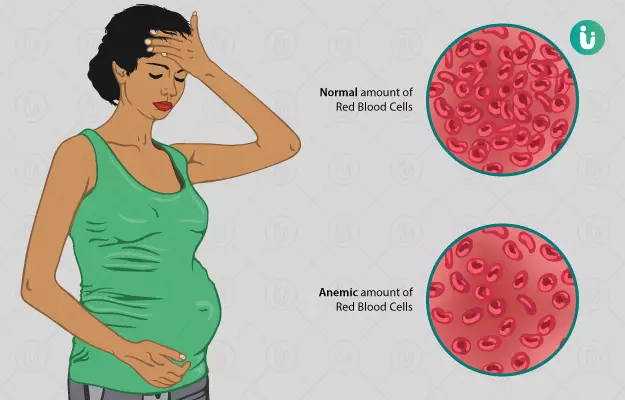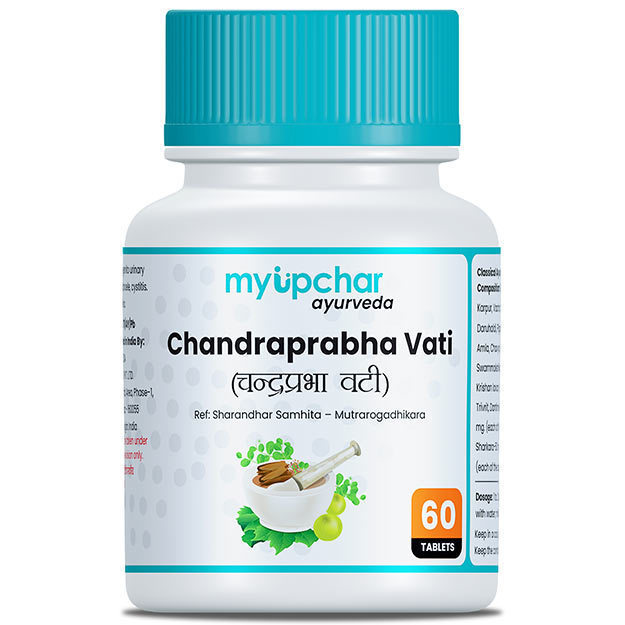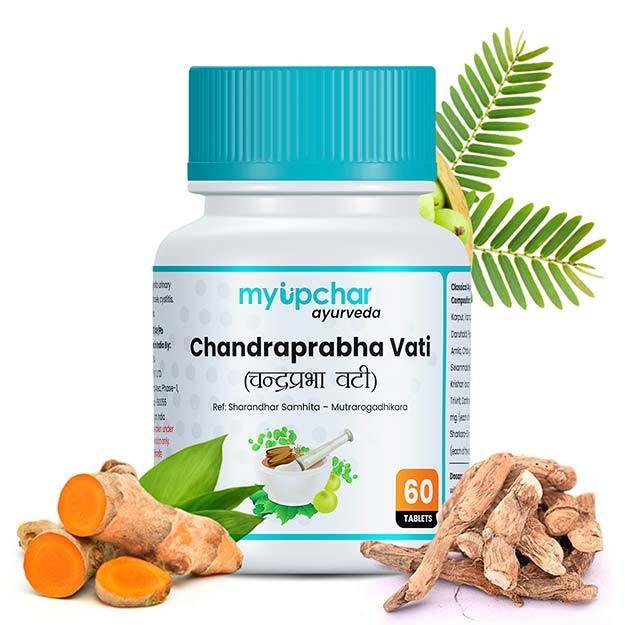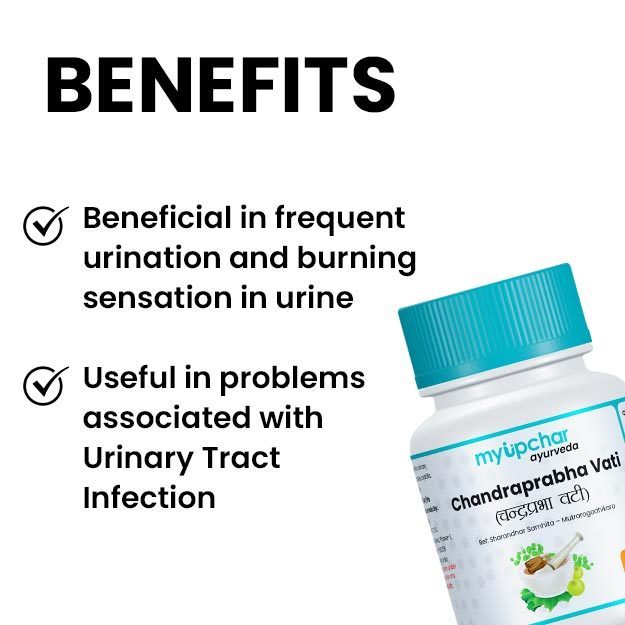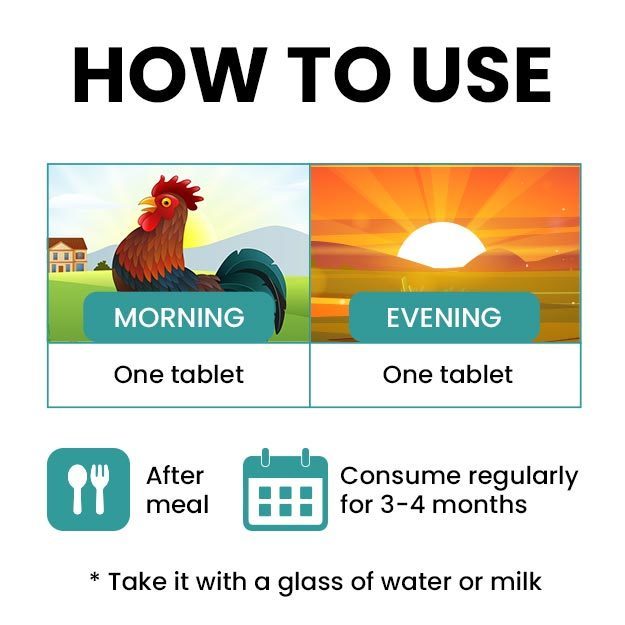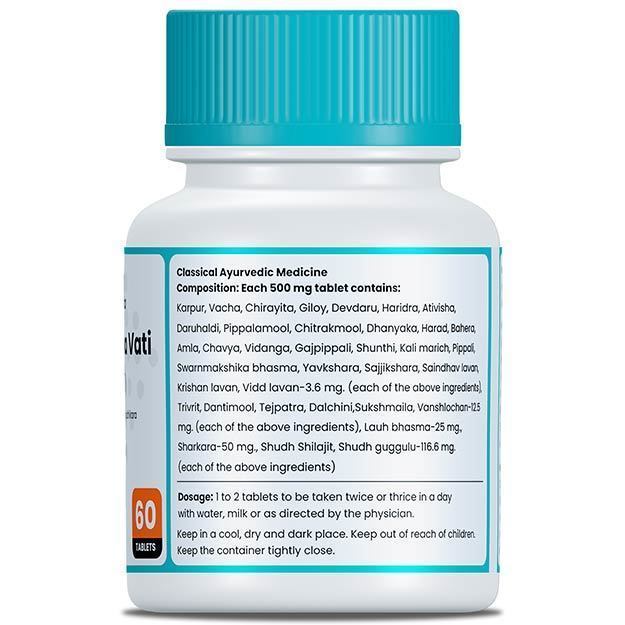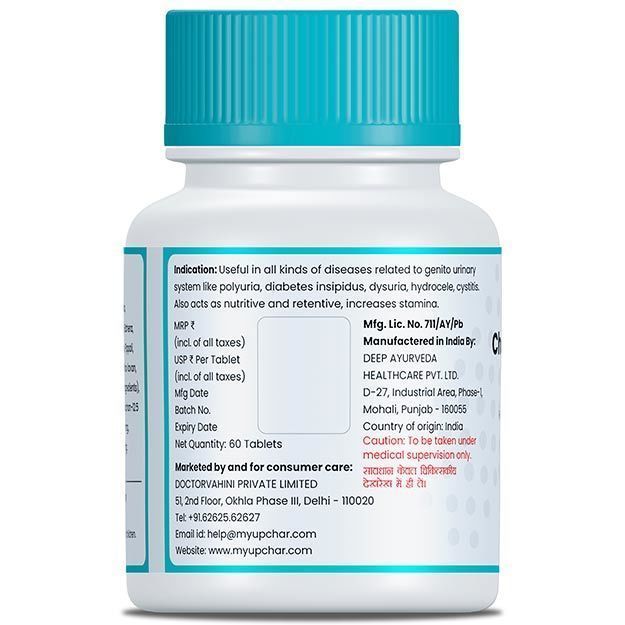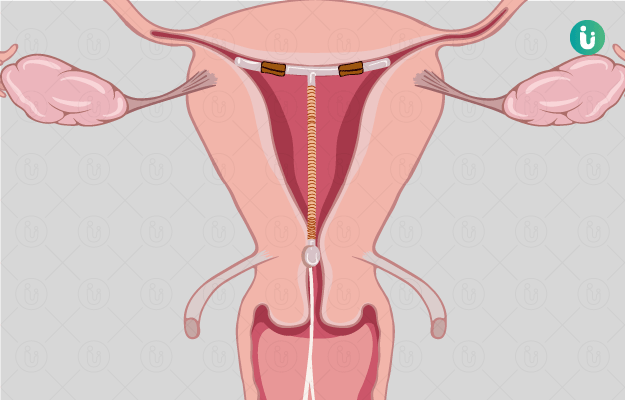When women are pregnant, they are more likely to suffer from anemia. When anemia occurs during pregnancy, the blood lacks sufficient red blood cells to deliver oxygen to the tissues and the fetus. During pregnancy, the body itself produces extra blood for the baby's development. But if it does not get enough iron and other nutrients, the body is unable to produce the red blood cells needed to make this extra blood.
It is normal to have mild anemia during pregnancy. But it can take a more serious form due to low iron and vitamin intake or other reasons. Anemia causes fatigue and weakness. If it is severe and not treated, it can cause complications such as premature birth. So let's know the symptoms, causes, treatment and preventive measures of anemia during pregnancy.
(Read more - Diet For Anemia In Pregnancy)

